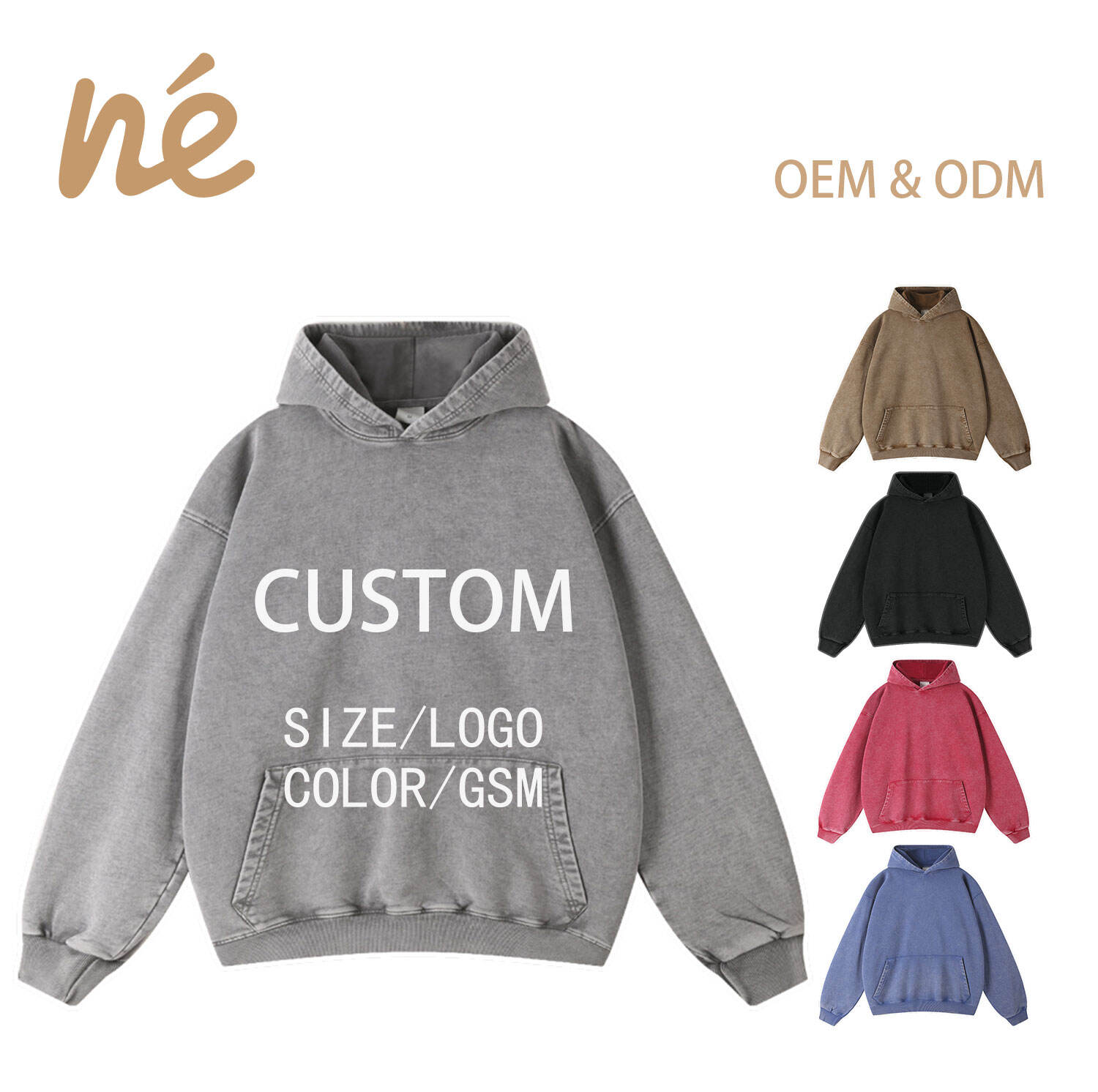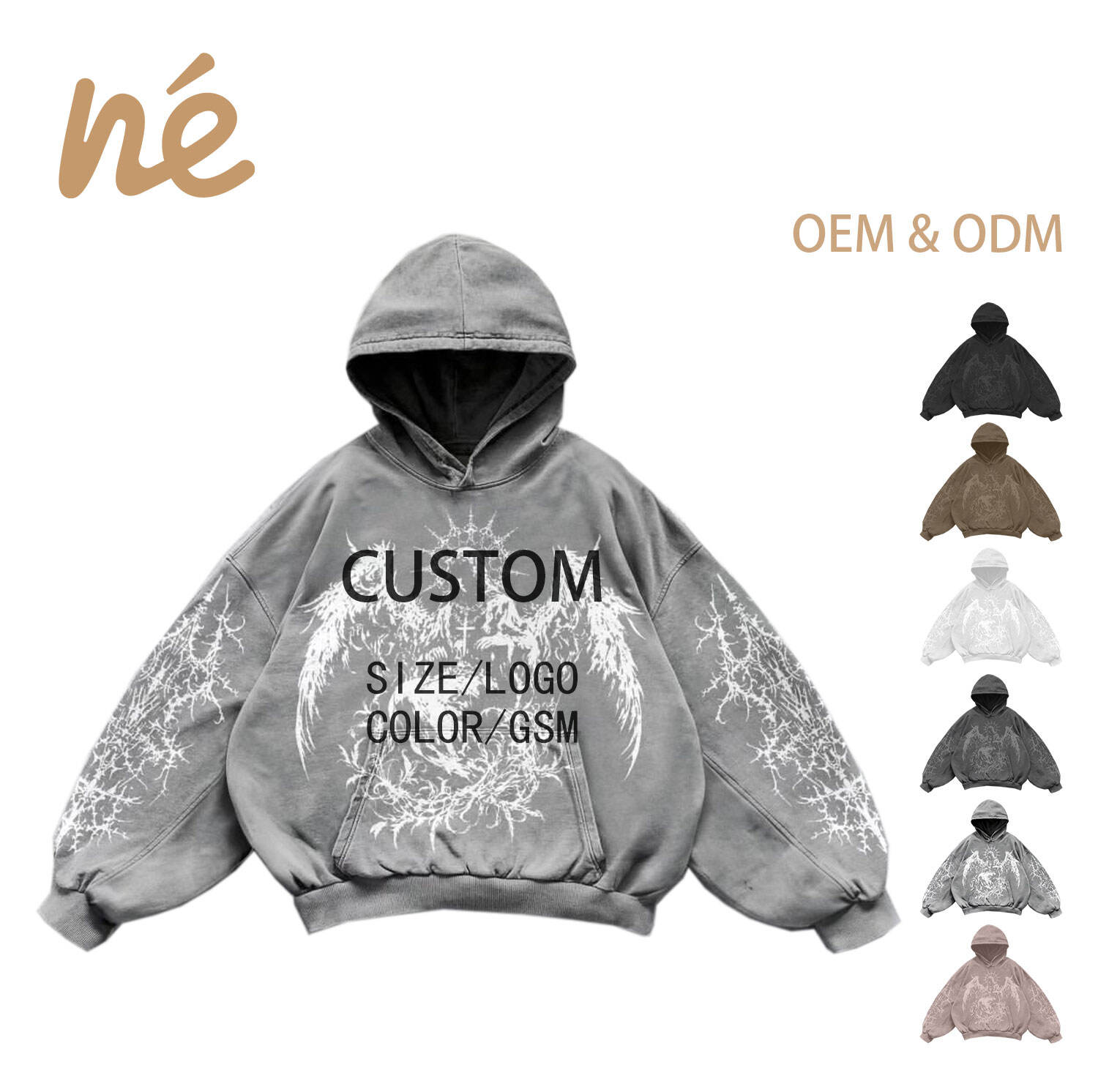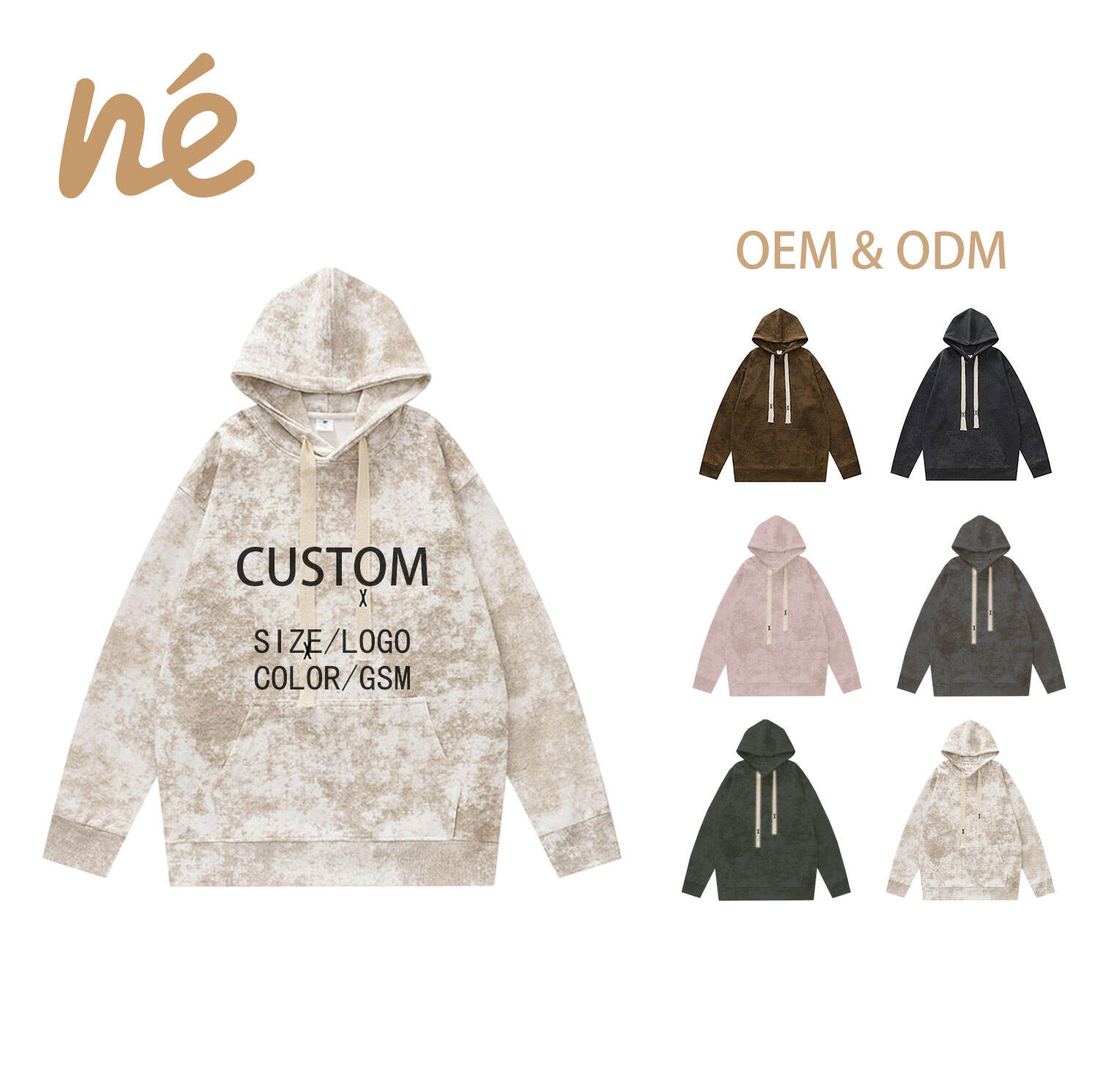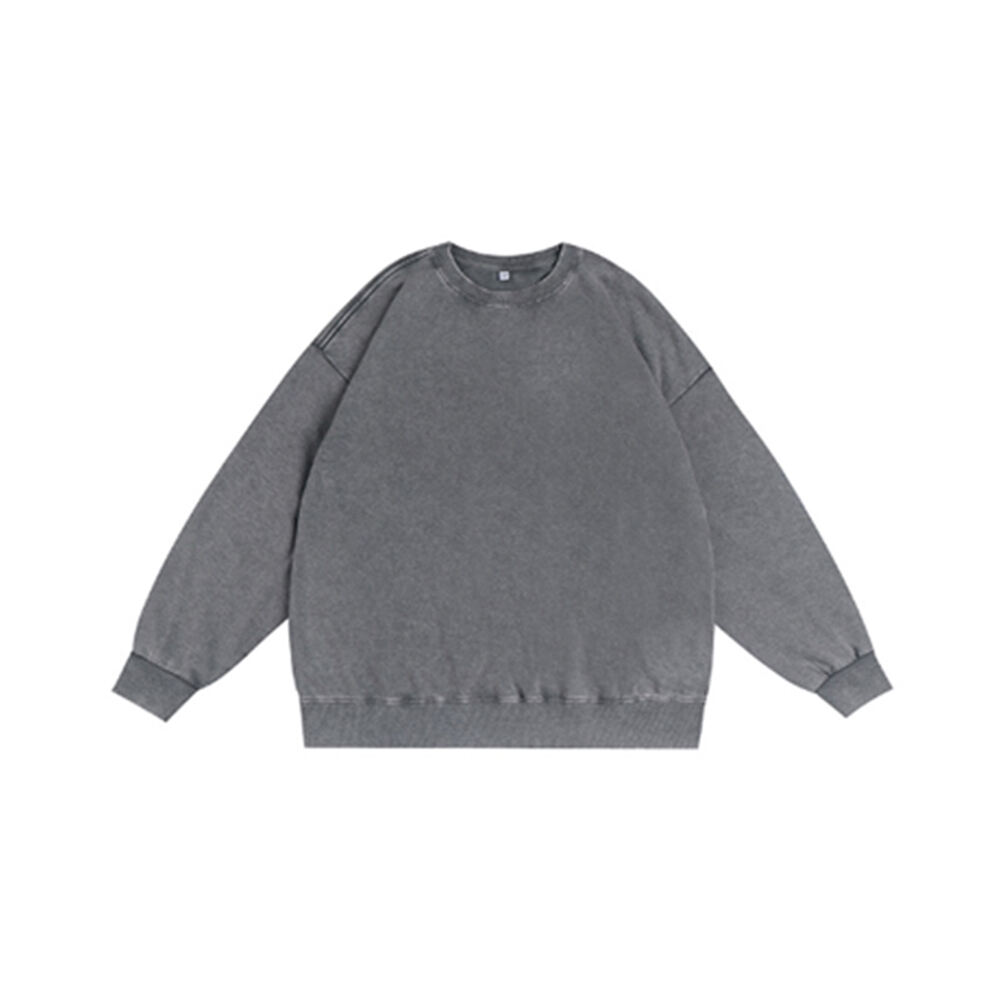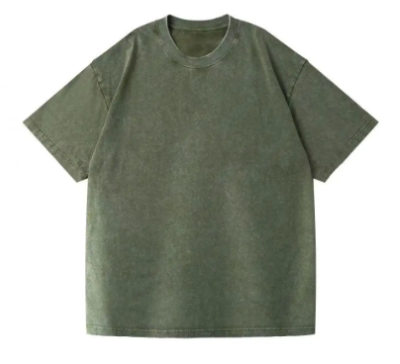women clothing factory
A women clothing factory represents a sophisticated manufacturing facility dedicated to producing high-quality women's apparel through streamlined production processes. These facilities integrate cutting-edge technology with traditional craftsmanship, employing advanced computer-aided design (CAD) systems for pattern making and automated cutting machines for precise fabric handling. The factory floor typically features specialized sections for pattern development, cutting, sewing, quality control, and packaging. Modern women clothing factories utilize efficient production line systems, incorporating ergonomic workstations and state-of-the-art sewing machines that ensure consistent quality and increased productivity. These facilities often implement sustainable practices, including waste reduction systems and energy-efficient machinery. The factory's layout is strategically designed to optimize workflow, with dedicated areas for material storage, production planning, and finished goods inventory. Quality assurance laboratories conduct rigorous testing of fabrics and finished garments, ensuring compliance with international standards. Additionally, these factories often feature sample rooms where new designs are prototyped and refined before mass production begins.


